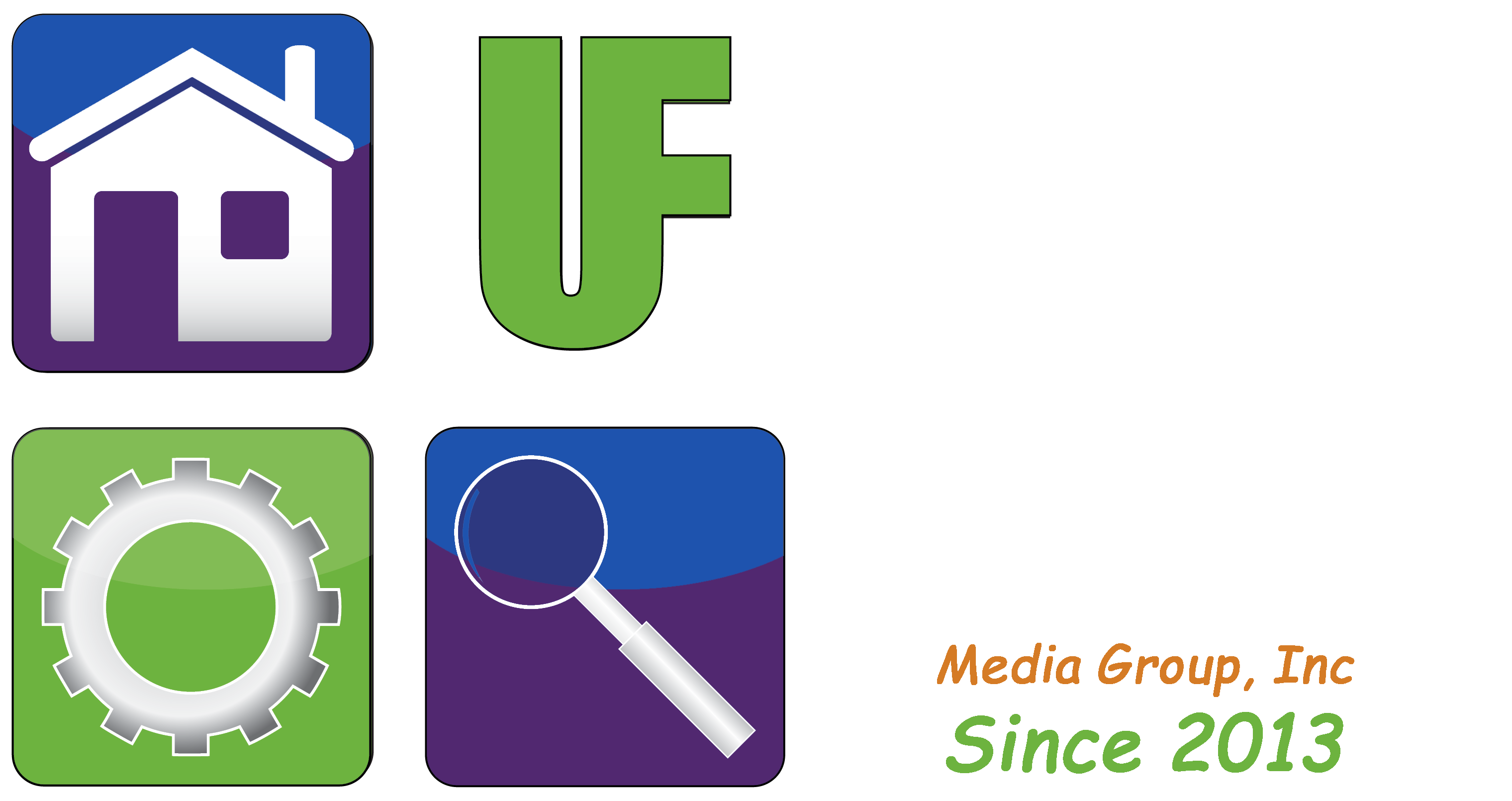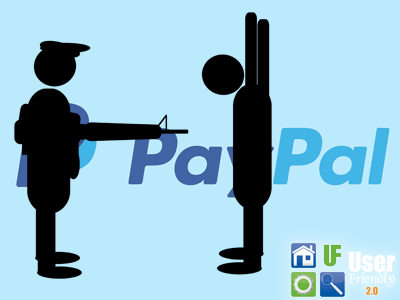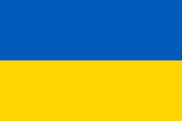By User Friendly 2.0
The “Paypal Private Police (PPP)”?
PayPal is denying that it intends to fine users who use its service to “promote disinformation” after an updated draft of the PayPal Acceptable Use Policy was leaked to the Internet with that language.
The History of PayPal
PayPal was originally established in 1998 under the name Confinity. Originally it developed security software for handheld devices. After failing at that venture, it switched its focus to a digital wallet launching the first version of PayPal in 1999.
In March of 2000 Confinity merged with x.com, an online financial services company founded by Elon Musk, Harris Fricker, Christopher Payne and Ed Ho. X.com was renamed PayPal in 2001 and went public in 2002.
Shortly after PayPal’s IPO the company was acquired by eBay in October of 2002. For many years PayPal was the go to (and sometimes only option) for making payments on eBay. eBay spun off PayPal in 2014.
Since then PayPal has gone through a number of changes. Some of the more mentionable ones was a partnership with Instagram for the “Checkout on Instagram” feature. Another was that PayPal was one of the first services allowing for the trade of Crypto Currency on their platform. This presented success during the height of the CryptoCraze but has since waned. (The height of the CryptoCraze was mainly in November of 2021).
Why this is important
When we install new software or register an account on a website, many times we are presented with something called “an end user agreement” (or a variation of that name). These are usually long, difficult to read, and most of us click through them. To get legal advice one would need to contact an attorney, but as an experienced computer user I know these can be important to actually understand.
PayPal has a history of being heavy handed with your money. They have the option to be able to remove money from your accounts and it can be very difficult, if not impossible, to get it back. In the early days there was very little oversight, so a lot of times these decisions were without recourse. I have had to deal with that from time to time, and on several occasions I had to file complaints with government agencies or organizations like the Better Business Bureau to even get someone to talk to me.
What Happened
In a leaked version of a November 2022 update to PayPal’s use policy it expanded the company’s list of prohibited activities to include “the sending, posting, or publication of any messages, content, or materials” that “promote misinformation” or “present a risk to user safety or wellbeing.”
Those who violate the policy can be subject to a fine of $2,500. This amount would be debited from their PayPal account with no real recourse. PayPal would decide what constituted a breach of the use agreement.
The news about the updated terms of service caused a stir on Saturday after Lightspark CEO David Marcus — former president of PayPal — said on Twitter that the new policy “goes against everything I believe in.”
“A private company now gets to decide to take your money if you say something they disagree with. Insanity,” he added.
“Agreed,” Elon Musk tweeted in response to Marcus.
PayPal’s Answer
PayPal has now done an “about face” and is saying that the information was “incorrect” and “went out in error”.
“PayPal is not fining people for misinformation and this language was never intended to be inserted in our policy.”
“Our teams are working to correct our policy pages. We’re sorry for the confusion this has caused,” they added.
Remember, in most cases your financial accounts are directly linked to your PayPal account. Let’s say that PayPal did decide to “fine” you for saying something they didn’t like and you had a PayPal balance of $600 with a checking account or credit card attached to your account. They would debit the $600 and then charge your financial account the additional $1900. You would not be asked.
William (Bill) Sikkens has been an on-air technology expert since 2014. With an expertise in I.T., cyber security and software design he has had more than 20 years’ experience with advanced technology. Sikkens conceptualizes and designs custom applications for many professional industries from health care to banking and has the ability to explain the details in a way all can understand. Article edited by Gretchen Winkler, who along with Jeremy Winkler are the co-hosts of User Friendly 2.0 here on The Answer Saturdays at 5:00 p.m.
Links and brand/store information provided are for information only and are not endorsed by Salem Media Group, KPAM or the show’s hosts.
Got a technology question or comment for Bill? Follow him on Twitter @sikkensw


